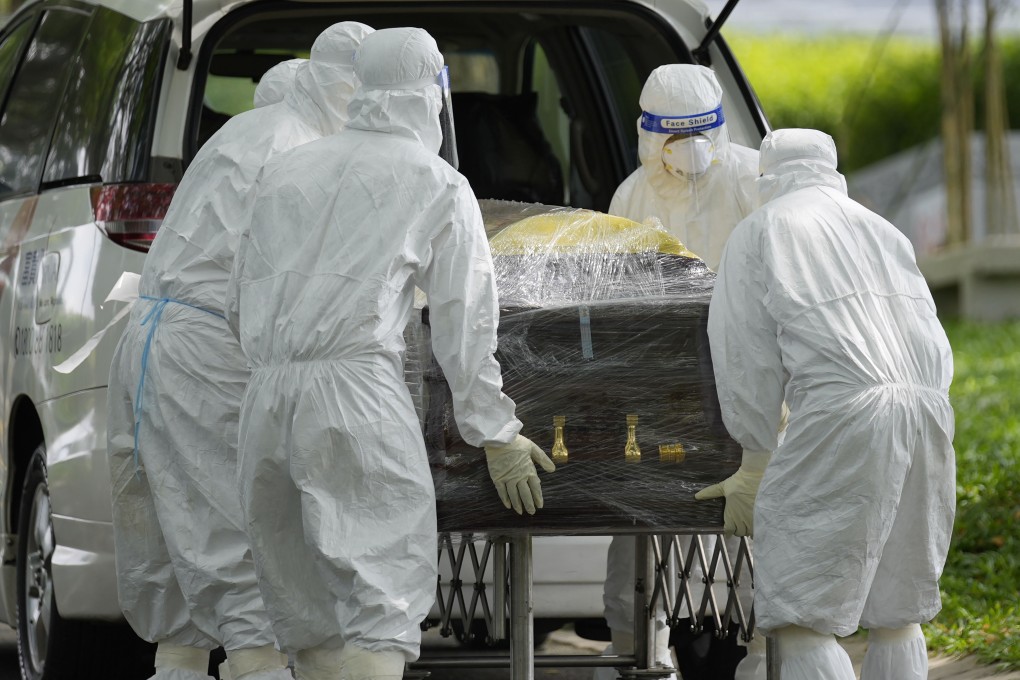Coronavirus: Malaysia warns of rising child deaths; Singapore says sorry after teen gets wrong vaccine
- Malaysia has for several weeks been reporting Asean’s heaviest caseload, per capita, with at least 50 virus-related deaths every day since May 17
- Elsewhere, the highly infectious Delta variant was detected for the first time in Melbourne and the ‘Quad vaccine initiative’ was highlighted on a US-India call

Malaysia recorded the deaths of three children aged below five from the coronavirus in the first five months of this year, the same number recorded over the whole of 2020, according to Health Ministry director-general Noor Hisham Abdullah.
A total of 27 children, including 19 below the age of five, also had to be treated in intensive care between January and May after contracting the virus, up from eight cases last year.
“The health ministry hopes all parties, especially parents and guardians, play an important part in protecting those with low immunity, such as babies and children, from Covid-19,” Noor Hisham said in a statement.

01:20
Malaysia goes into total lockdown amid worsening Covid-19 outbreak
He did not say how many children had been tested for Covid-19 or if authorities planned to ramp up testing among minors.